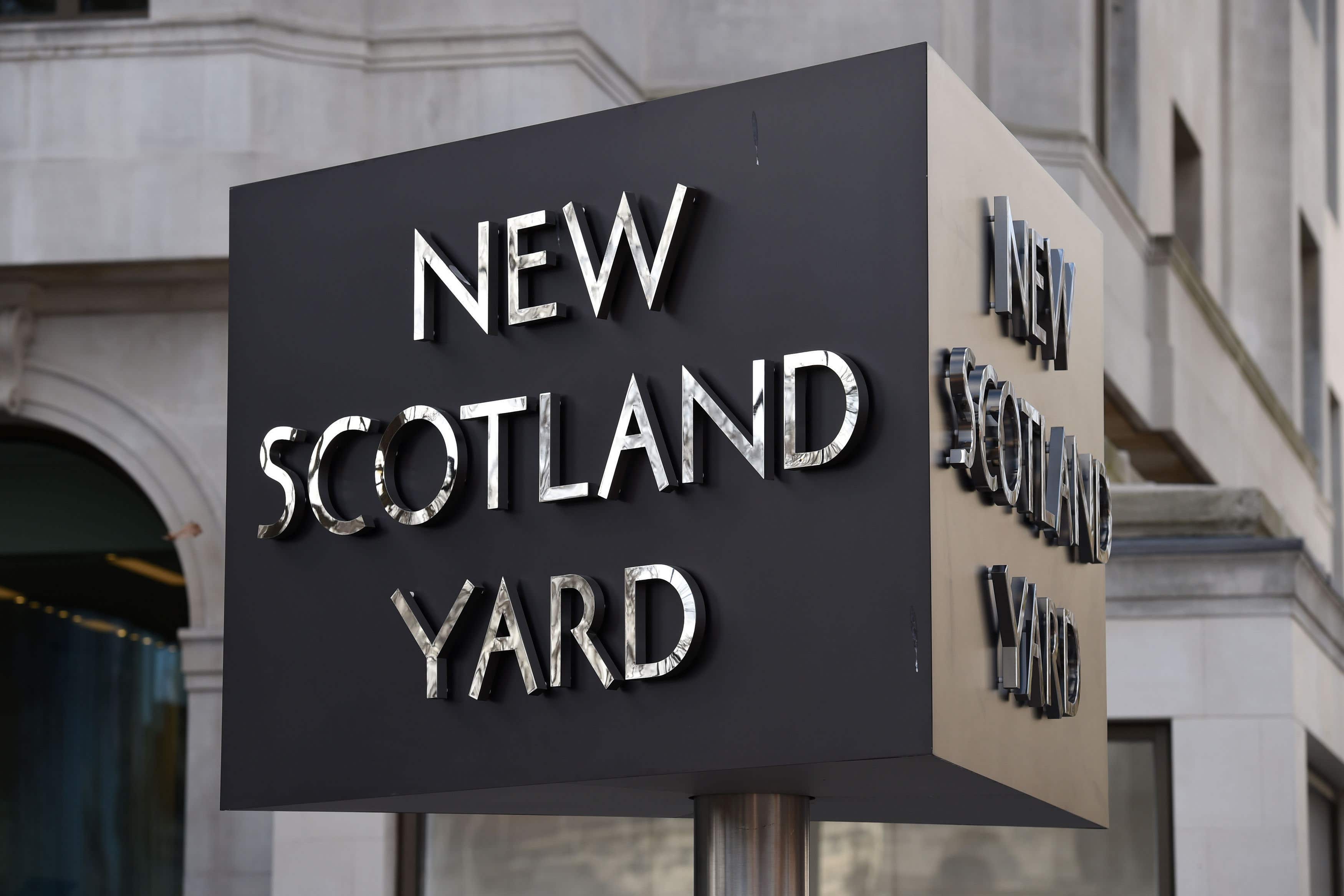Questions over future of Met as Commissioner and Casey due before committees
A review has found that Britain’s biggest police force is institutionally racist, misogynist and homophobic.

Your support helps us to tell the story
From reproductive rights to climate change to Big Tech, The Independent is on the ground when the story is developing. Whether it's investigating the financials of Elon Musk's pro-Trump PAC or producing our latest documentary, 'The A Word', which shines a light on the American women fighting for reproductive rights, we know how important it is to parse out the facts from the messaging.
At such a critical moment in US history, we need reporters on the ground. Your donation allows us to keep sending journalists to speak to both sides of the story.
The Independent is trusted by Americans across the entire political spectrum. And unlike many other quality news outlets, we choose not to lock Americans out of our reporting and analysis with paywalls. We believe quality journalism should be available to everyone, paid for by those who can afford it.
Your support makes all the difference.Metropolitan Police Commissioner Sir Mark Rowley and Baroness Louise Casey will be scrutinised by MPs and City Hall on Wednesday as the fallout continues from her damning report into the force.
A review commissioned in the wake of Sarah Everard’s murder and published on Tuesday found that Britain’s biggest police force is institutionally racist, misogynist and homophobic – and there may be more officers like killer Wayne Couzens and serial rapist David Carrick.
Sir Mark will appear before the London Assembly Police and Crime Committee on Wednesday along with Baroness Casey, who is also due to appear before the Home Affairs Committee on policing priorities on the same day, to discuss the review.
The Commissioner said he accepts the “diagnosis” of prejudice in the force, but would not use the term institutional because he views it as politicised and ambiguous.
London Assembly Labour’s Policing and Crime spokesperson, Unmesh Desai, said ahead of the meeting: “Londoners need action, and transparency, from the Commissioner. It’s imperative Sir Mark not only talks reform, but also enacts reform.”
The Casey report found the Met Police has failed to protect the public from officers who abuse women, organisational changes have put women and children at greater risk and female officers and staff routinely experience sexism.
There are racist officers and staff and a “deep-seated homophobia” exists in the organisation, it also concluded.
Bereaved families let down by the Met Police have made powerful calls for change after the savagely critical review.
Baroness Doreen Lawrence, whose son Stephen was murdered by racists in 1993, said the force is “rotten to the core”.
Family members of the victims of serial killer Stephen Port, who was left free to murder three men after police failures in investigating the death of his first victim, called for a public inquiry to understand “how and why this force is failing people so badly”.
The lawyer who represents the family of Chris Kaba, who was shot dead by police, said the Casey review reflects the experiences of many relatives, who “often have to fight tooth and nail” to get information.
The report called for a “complete overhaul” of the Met and a “new approach to restore public trust and confidence”.
The review made 16 recommendations and said the changes need to be made by the Met, the Mayor’s Office for Policing and Crime and the Home Office to “create a radically improved new London Metropolitan Police Service”.
The reforms are of a “significant scale” and “on a par” with the “transformation of the Royal Ulster Constabulary to the Police Service of Northern Ireland” at the end of the last century.
If the force does not reform, it could face being broken up in future, Baroness Casey said.